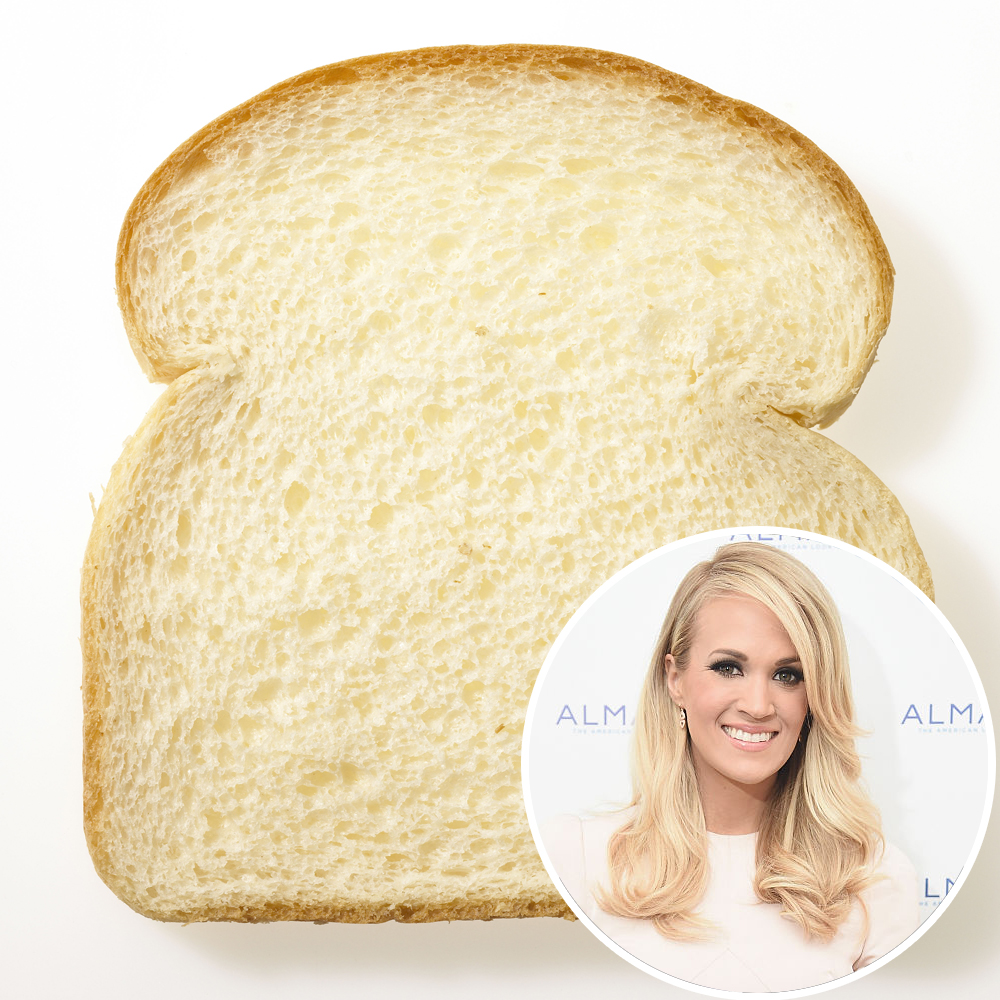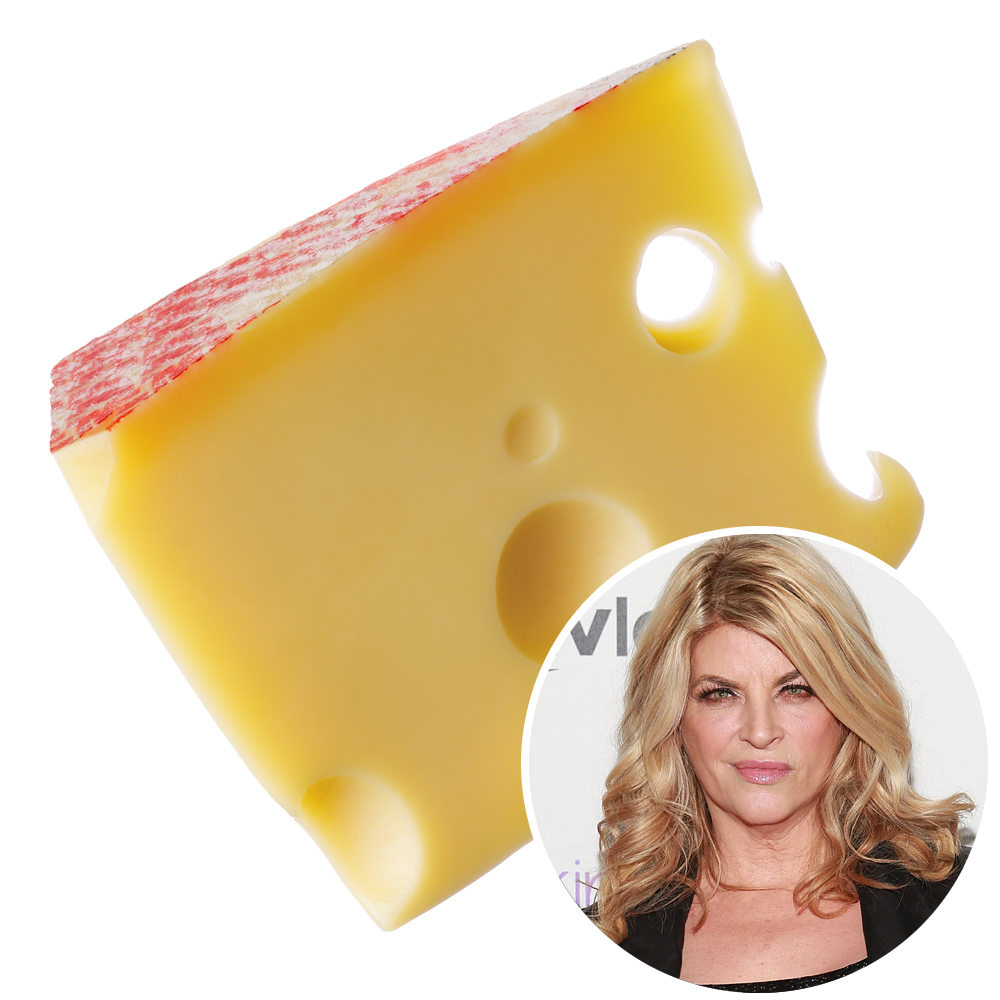Hate the Sound of Chewing? Doctors Know Why!
Remember when your kids were still living at home and family dinners were the norm? Was there anything worse than that moment of silence during dinner when all you could hear was the moist, scratching sounds of your husband and children loudly chewing their food? Or maybe it’s the sound of cracking knuckles that really grinds your gears. Either way, it’s probably time to get tested for misophonia.
So what is misophonia? Known also as selective sound sensitivity, misophonia is a brain abnormality that causes someone to have a reaction to certain sound triggers. Misophonia “sufferers have a hatred of sounds such as eating, chewing, loud breathing or even repeated pen-clicking,” according to TIME. Reactions can range from quite mild—like a general uncomfortableness—to pretty severe—like rage, skin crawling, and panic.
MUST-SEE: That Popping Sound Your Knees Make When You Stand Up Is an Early Warning Sign
The science community has been skeptical for awhile now about whether or not misophonia was a real phenomenon. The term was first coined in 2001, so it has only happened quite recently that researchers have named the condition. However, new research published in the journal Current Biology finally confirms that misophonia is indeed a real thing that affects people’s lives.
Researchers at Newcastle University in the U.K. looked at brain MRI scans of people with and without misophonia as they listened to a series of sounds. The noises were either neutral (like falling rain), unpleasant (like babies crying), or trigger sounds (like someone chewing). They round that the brains of people with misophonia had significant brain activity when they heard a trigger. The team suspects it has to do with developmental differences in the brains of people with misophonia that causes the negative reactions.
MUST-SEE: Is Pink Noise the Answer to All Your Sleeping Problems?
“For many people with misophonia, this will come as welcome news as for the first time we have demonstrated a difference in brain structure and function in sufferers,” said Dr. Sukhbinder Kumar, a a research fellow at Newcastle University. “This study demonstrates the critical brain changes as further evidence to convince a skeptical medical community that this is a genuine disorder.”
h/t Reader’s Digest

























